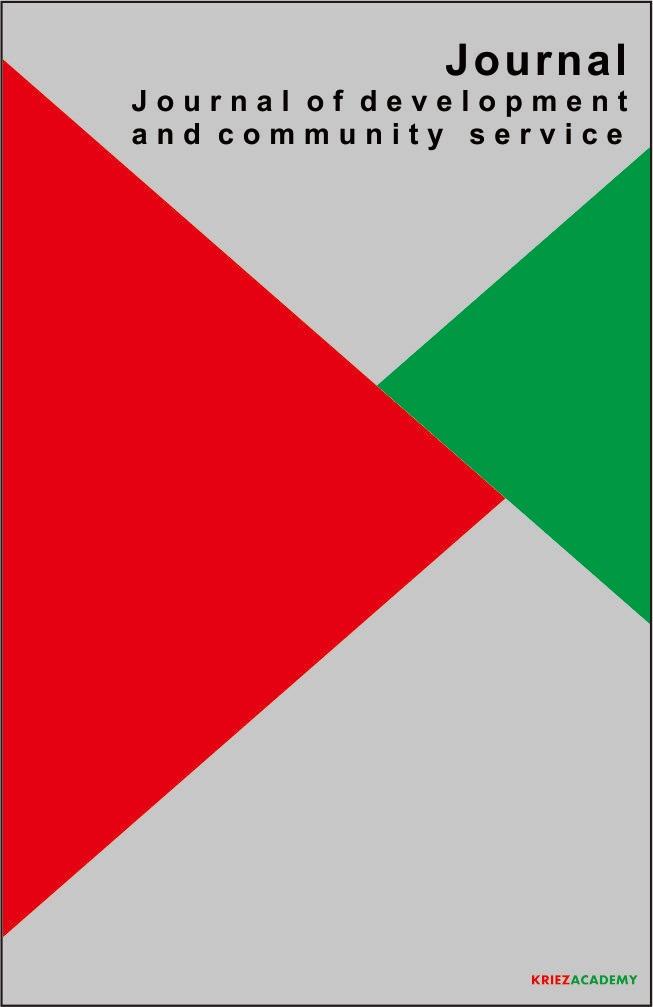Digital Empowerment and Financial Literacy for Rural Youth: Unlocking Inclusive Growth in Indonesia
Keywords:
digital literacy, rural youth, financial inclusion, entrepreneurship, economic development, inclusive growth, digital divide, IndonesiaAbstract
This paper examines the critical role of digital competencies and financial literacy among rural youth in Indonesia as a foundational pillar for achieving inclusive economic growth. Despite a rapidly expanding digital economy, rural youth often remain at the periphery, facing significant barriers to effective participation in formal financial systems due to limited access to infrastructure, a lack of targeted knowledge, and a scarcity of appropriate digital tools. Employing a qualitative-dominant mixed-methods research design, this study combines survey data from 220 youth in rural areas of West Java and Central Java with insights from focus group discussions (FGDs) and in-depth case studies of three community-based financial literacy initiatives. The research highlights a clear and compelling connection: when access to digital tools and mobile finance platforms is combined with contextualized and practical financial education, it significantly impacts entrepreneurial aspirations, savings behavior, and overall participation in the formal economy. The findings reveal that increased digital fluency, alongside a stronger grasp of financial concepts, fosters the creation of microenterprises, promotes responsible savings habits, and facilitates upward economic mobility in underserved regions. This paper concludes that unlocking the immense potential of rural youth requires a holistic and collaborative approach from government, fintech actors, and educational institutions to implement scalable, culturally adapted, and technology-enabled financial literacy models.
Downloads
References
BPS Indonesia. (2023). Statistik Pemuda Desa dan Teknologi. Jakarta.
GCash Academy. (2022). Digital Finance Education for Emerging Markets.
Manila. Lusardi, A., & Mitchell, O. S. (2014). The Economic Importance of Financial Literacy: Theory and Evidence. Journal of Economic Literature, 52(1), 5–44.
Norris, P. (2001). Digital Divide: Civic Engagement, Information Poverty, and the Internet Worldwide. Cambridge University Press.
OJK. (2023). Indeks Literasi Keuangan 2023. Retrieved from www.ojk.go.id
OECD. (2018). OECD/INFE International Survey of Adult Financial Literacy Competencies. OECD Publishing.
UNDP Indonesia. (2021). Youth Economic Empowerment in Rural Communities. Retrieved from www.id.undp.org
Van Dijk, J. A. G. M. (2020). The Digital Divide. In S. A. G. M. Cammaerts, & M. L. van Dijk (Eds.), The SAGE Handbook of the Internet (pp. 517-534). SAGE Publications.
World Bank. (2022). Digital Economy for Indonesia: Opportunities for Inclusion. Retrieved from www.worldbank.org
Yunus, M. (1999). Banker to the Poor: Micro-Lending and the Battle Against World Poverty. PublicAffairs.

Downloads
Published
Issue
Section
License
Copyright (c) 2024 Arief Budiman (Author)

This work is licensed under a Creative Commons Attribution-ShareAlike 4.0 International License.












